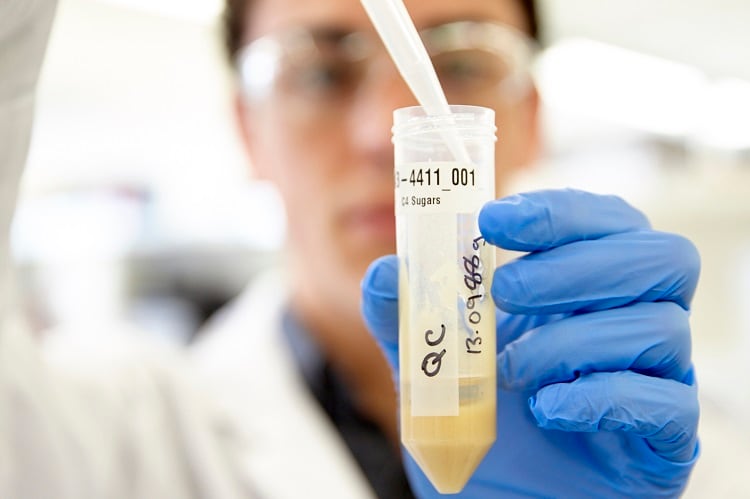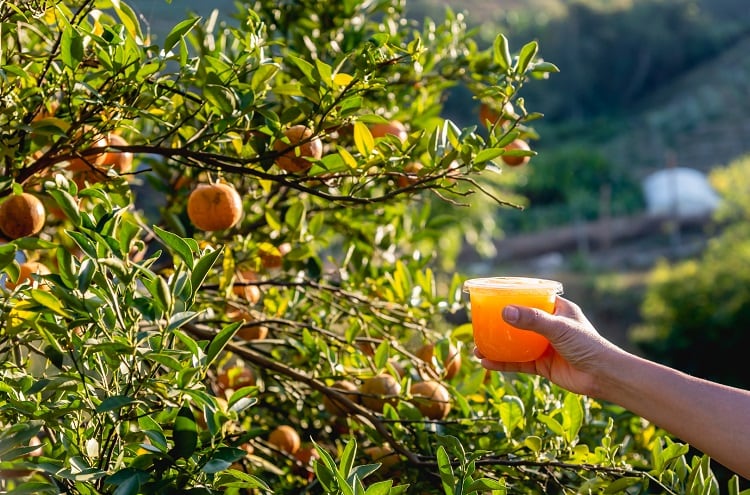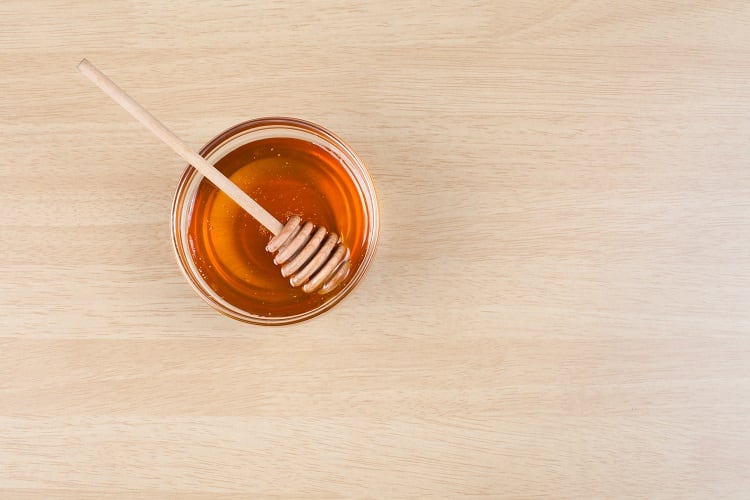Mānuka honey is a premium product revered for its purported health benefits. Perhaps best known for its antibacterial properties, the honey is also thought to support wound-healing and gut health.
New Zealand’s Ministry for Primary Industries (MPI) defines mānuka as honey produced by bees collecting nectar from the mānuka plant (Leptospermum scoparium), which is found growing throughout the country.
All honey labelled as mānuka for export must be tested by an MPI-recognised laboratory to ensure it meets the mānuka honey definition. This definition is made up of a combination of five attributes (four chemicals from nectar and one DNA marker from mānuka pollen), and allows industry to separate mānuka honey from other honey types.
But outside of New Zealand, the same standard of mānuka honey quality testing does not exist. To verify that ‘mānuka honey’ sold on shelves overseas is, as the products say, in fact mānuka honey, the Unique Mānuka Factor Honey Association (UMFHA) has conducted scientific testing across the UK and US.
The UMFHA used a certified independent laboratory to test 46 mānuka brands originated from outside New Zealand and sold in the UK and US. All were deemed ‘popular’ products sold by ‘major online retailers’ and labelled as mānuka honey.
All products tested failed to meet New Zealand’s regulatory criteria for authentic mānuka honey. Samples taken from other international markets also failed to meet the criteria.
Of the products tested, all were classified by the UMFHA as non-mānuka honey, meaning they did not come from the tree and nectar associated with supporting good health. All also failed when it came to key MPI markers.
A total of 82% failed the CODEX quality requirement of <40mg/kg HMF (Hydroxymethylfurfural), 60% failed naturally occurring chemical 4-HPLA tests, and 80% contained no detectable leptospermum scoparium DNA. UMFHA found that 32% failed the potency label claim, which is importance since methylgoxal (MGO) – the ingredient within mānuka honey associated with antibacterial and antimicrobial properties – typically decreases during the product shelf life.
UMFHA has raised concerns these brands are misleading consumers. According to research conducted by 3Gem Research and Insights across the UK, 58% of British consumers surveyed specifically buy mānuka honey for its natural health benefits, while over three-quarters (76%) believe the products they purchase from a reputable retailer are as advertised and 100% legitimate.
“The incorrectly labelled products of non-New Zealand mānuka honey are therefore misleading consumers who are purchasing the products for their intended health benefits, but not receiving them,” noted UMFHA.




